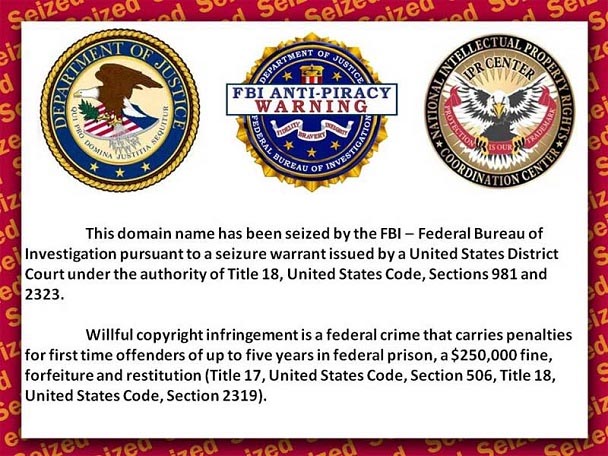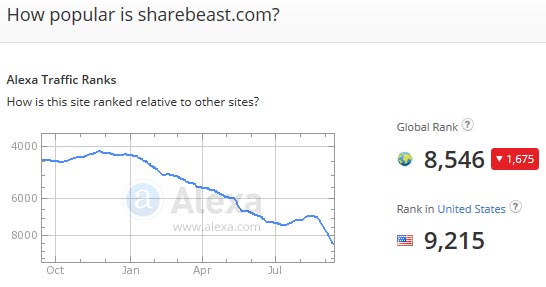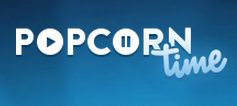FBI Seizes Domains Of Two Pre-Release Music Sites
lundi 14 septembre 2015 à 13:12 As efforts to hinder file-sharing sites gather pace around the world, in Europe in particular, criminal actions in the U.S. remain relatively rare.
As efforts to hinder file-sharing sites gather pace around the world, in Europe in particular, criminal actions in the U.S. remain relatively rare.
Home to the very Hollywood studios and major recording labels pressing for tough measures elsewhere, the United States has taken somewhat of a backseat, with only sporadic criminal actions to report in the past few years.
This past Friday, however, U.S. authorities say they took action against a pair of sites involved in music piracy. According to the RIAA, ShareBeast.com and AlbumJams.com were responsible for the distribution of “a massive library” of popular albums and tracks. Notably, the sites are blamed for offering “thousands of songs” that hadn’t yet enjoyed their official release.
On Friday, U.S. Department of Justice (DOJ) seizure notices appeared on both sites, suggesting that the authorities concluded that immediate domain seizures were required to bring ongoing copyright infringement to an end.

According to the RIAA, ShareBeast was the largest illegal file-sharing site operating in the United States and recent IP addresses do suggest that at some point the file-hosting site was hosted in Illinois.
However, when compared to other household file-sharing names the site’s traffic stats were pretty modest. In fact, as can be seen from the chart below, the site had been on a serious decline for some months already.

Nevertheless, the RIAA says that it reported more than 100,000 infringing files to the service for takedown. That sounds like a reasonable assessment since the music industry group filed a similar number of complaints (118,000) with Google over the past couple of years. When all rightsholders are taken into consideration, complaints about ShareBeast averaged around 36,000 URLs per week.
In traffic terms, alleged sister site AlbumJams has never been significant. It reached the dizzy heights of 45,000th most popular site in January but almost completely dropped off the radar in May. According to Alexa it is now the 8,545,925th most popular site in the world.
“This is a huge win for the music community and legitimate music services. Sharebeast operated with flagrant disregard for the rights of artists and labels while undermining the legal marketplace,” commented RIAA Chairman & CEO Cary Sherman.
“Millions of users accessed songs from Sharebeast each month without one penny of compensation going to countless artists, songwriters, labels and others who created the music.”
The RIAA thanked the FBI and Department of Justice for its “strong stand” against Sharebeast but stopped short of commenting on what has happened to the site’s alleged operator. There has been no official statement concerning any arrests or any indication that the site was run from within the United States.
Source: TorrentFreak, for the latest info on copyright, file-sharing, torrent sites and ANONYMOUS VPN services.
 Next Monday, Kim Dotcom and his fellow co-accused are scheduled to appear before the courts in New Zealand to face their extradition battle with the U.S. government.
Next Monday, Kim Dotcom and his fellow co-accused are scheduled to appear before the courts in New Zealand to face their extradition battle with the U.S. government. This week we have two newcomers in our chart.
This week we have two newcomers in our chart.  One mistake that geeks and techies often make, but PR professionals and lobbyists never make, is the observation that words don’t just have a precise meaning – they also have a positive or negative chime to them. Therefore, lobbyists try very hard to establish a language where everything they want is described in words with a positive chime.
One mistake that geeks and techies often make, but PR professionals and lobbyists never make, is the observation that words don’t just have a precise meaning – they also have a positive or negative chime to them. Therefore, lobbyists try very hard to establish a language where everything they want is described in words with a positive chime.
 Branded a “Netflix for Pirates,” the
Branded a “Netflix for Pirates,” the